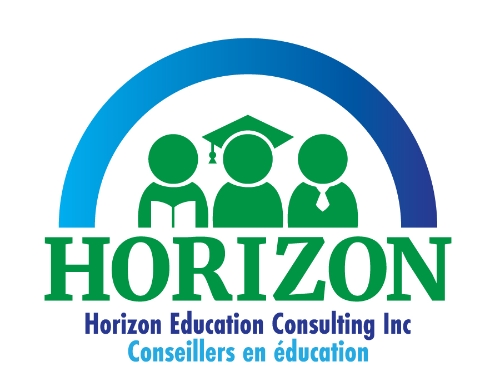At the start of a new calendar year, people often choose goals and objectives that they hope to achieve to enhance their life, their health, their relationships or their learning. For many teens in their last year of high school, the start of the last six months of their education career brings about thoughts of the transition after high school.
Will it be full time work or post-secondary studies? Will it be college or university? Or will it be a Victory Lap or a Gap Year?
For those students who can possibly be entering university at the age of 16 or 17 years old this fall, it could be a daunting choice – a path down three or four more years of academic and scholastic endeavour. Those with practical ambitions, may find one or two year college programs a faster way to obtain skills and start a job in an area of interest. Students who may not feel ready to make either of the above choices may opt for a Victory Lap – a term used for students who return to their high school after graduation to take one or two courses for additional credits in courses they were unable to fit into their timetables in the previous year, or to upgrade marks in specific subjects for better chances at university entrance the following year.
What is a Gap Year?
For students who no longer have an appetite for a structured learning environment, who may be suffering from system fatigue after 14 years in school, or who don’t know what they would like to pursue, a Gap Year offers an open choice to explore options. Some adolescents will take on part-time jobs to help finance post-secondary education, others may find new interests and new social circles from a work experience, and a few will just take some time off.
Let them work, let them travel, let them dibble dabble …
The work experience is a context that many young people find harsh after the school experience. Unfair school rules and personality conflicts with teachers become mandated workplace standards and difficult bosses. Working with different types of people, different skill sets, different perspectives make for an excellent social learning experience for a young person. Adaptability, communication skills, interpersonal skills and meeting expectations take on a whole new meaning in the real world of employment where everyone is expected to contribute and work collaboratively.
Travel is another excellent learning experience for graduates. Problem solving, communication, orientation, independence are great skills to acquire, develop further or hone to a fine mastery. Going abroad helps young people become more understanding, tolerant and contributing citizens, as they learn about various cultural norms, customs, social interactions and it broadens personal connections and networking skills.
And finally, let them dibble –dabble … let them take a 10 week course in a new skills, start a new venture, opt for any new experience including volunteering in different venues. Some young adults need to go on a journey to discover an interest and some have so many interests they have to narrow it down and try each one out in a process of elimination. Regardless of the pathway they choose, finding an interest is key to obtaining a job that will continually engage a person. There is nothing worse than working a job that one despises and feeling stuck and unable to move forward. A good job is one that is enjoyable and does not feel like work at all, and for which a paycheque is secondary.
It is possible to find a job that is stimulating and make a person feel like they are contributing, but sometimes it takes a while to find a way to obtain such a job. Novelty and variety in experiences render decision making easier and lends focus for the future.
A Gap Year is not a new concept, and many generations have availed themselves of this time to search for more direction or just take some time off. After all, even Prince William and Prince Harry each took a Gap Year before they pursued their duties, so if it is a valid option for Royals to consider, it most certainly is worthy for our own high school graduates .
It must be said that generally more boys tend to take a Gap Year then girls, but there is no hard and fast rule or research on the reasons. It all depends on family values, financial situation, support of a significant adult and motivation.
A Gap Year makes good economic sense as well, because of little waste in precious RESP funds for a change in direction that young people may make partway through a selected program of studies . Changing university or college programs several times lengthens time in the learning institution, incurring greater cost and for many, greater student debt load.
So a Gap Year makes a lot of sense personally, educationally, socially and financially. And the maturity gained through such an experience is priceless.
Websites:
Monika Ferenczy
Education Consultant
Horizon Education Consulting


